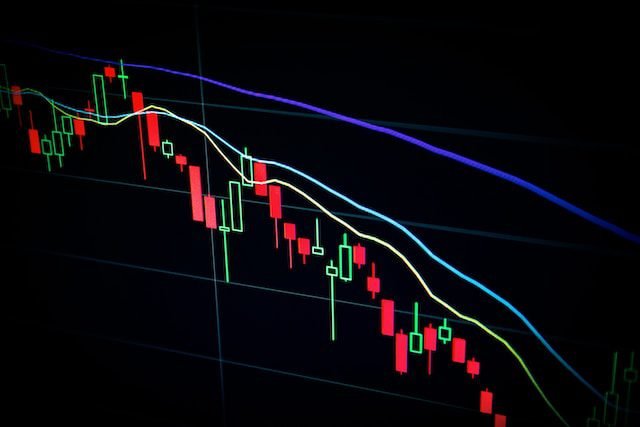CHENNAI: According to chief economist V Anantha Nageswaran, co-chair of the second G20 Framework Working Group (FWG) meeting, G20 countries have expressed the opinion that the current banking turmoil need not result in a systemic crisis. However, some countries believe that inflation is more persistent. He stated to TOI in an interview conducted on Friday in Chennai that the 6.5% GDP growth estimate for India for FY24 does not need to be changed. Some quotes from his interview:
Q: Has the present banking crisis been brought up today?
A: The majority of nations understandably believe that the issues that came up with European institutions and particular institutions had specific causes, thus the participants from those nations do not believe that there is a need for general concern. They believe that decision-makers have the situation under control and are acting accordingly. Naturally, they asserted, risk management needs to be strengthened along with continued vigilance. Consequently, the prevailing opinion at the moment is that a systemic catastrophe is not necessary.
What main topics of discussion took place on the first day of the G20 framework working group in Chennai?
A number of nations believe that inflation is more persistent and reducing more slowly than they would prefer. The majority of nations reaffirmed that they would continue to tighten financial conditions as planned. However, they believe that concerns to financial stability can be managed and need not prevent additional interest rate hikes in their nations. IMF added some significant information on the supply of essential minerals and rare earths, such as copper, cobalt, and lithium, will be needed if we have to switch to renewable energy in its presentation at our request – India G20 presidency. We are aware that processing and production of these minerals are both concentrated in a small number of nations, primarily China. Yet the demand will come from all across the world. There are many things at stake. If the world as a whole is to successfully combat climate change, it is crucial to ensure their adequate availability for all countries for the next 20 to 30 years, develop technologies to reduce dependence on these minerals, promote recycling, and make the technologies commercially viable and available to all countries.
What were the benefits that were mentioned?
A: Many perceive that costs for commodities like food and other necessities have decreased in the global economy. In recent months, economic activity has increased in a number of nations. They believe that China’s reopening has gone rather smoothly, which is both a plus and some cause for concern because the reopening may eventually result in stronger commodity demand.
In light of the failure of certain regional banks in the United States and the Federal Reserve’s 25 bps rate hike, how robust and resilient are Indian banks remaining?
A: The governor and the central bank of India have stated unequivocally that our banks are secure, robust, and stable. We had the fortunate fortune to experience the financial cycle last decade. In order to enhance the bank balance sheets and examine their risk parameters, we have put a lot of time and effort into it. The recollections are still recent in that way. The lessons from the previous financial cycle are still fresh in our minds. Moreover, it adds another layer of defence.
Will India be able to maintain the anticipated GDP of 7% in the current fiscal year in the midst of the Ukraine-Russian conflict, which is having an effect on the energy supply crisis and the United States is likely headed for a recession? What is the estimated GDP for FY24?
A 6.5% prediction for FY24 was issued by the economic survey. The IMF predicted it would be 6.1% in January, whereas the RBI predicted 6.4%. Yet, we also stated in the economic study that 6.5% was our starting point. We signalled that the downside risk to 6.5% is greater than the upside risk to 6.5% when we said the range is from 6 to 6.8%. We maintain that position and do not now see a need to change it.
How would the Indian economy do in the upcoming fiscal year? Sectors and industries that may be impacted by the looming global recession?
A: It is challenging to discuss the industries that will be impacted because our 6.5% outlook has not altered. If there is a significant worldwide financial crisis, such to the one that occurred in 2008, which we are not at all foretelling at this time to be very clear. If there is one, there will inevitably be enormous amounts of interbank finance flows, which might have an influence on technology funding, startup funding, and overall economic growth, similar to what happened in 2008–2009. Yet at this point, that is not our default scenario. We believe that we will keep improving.





